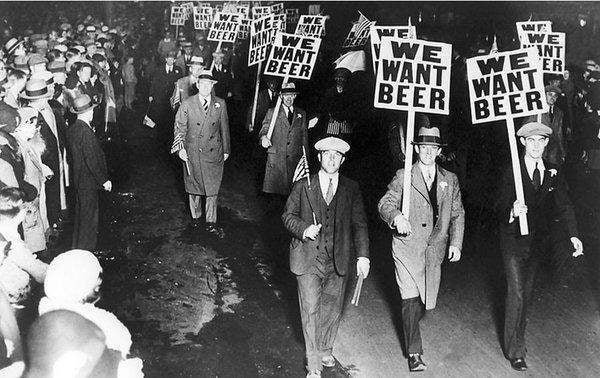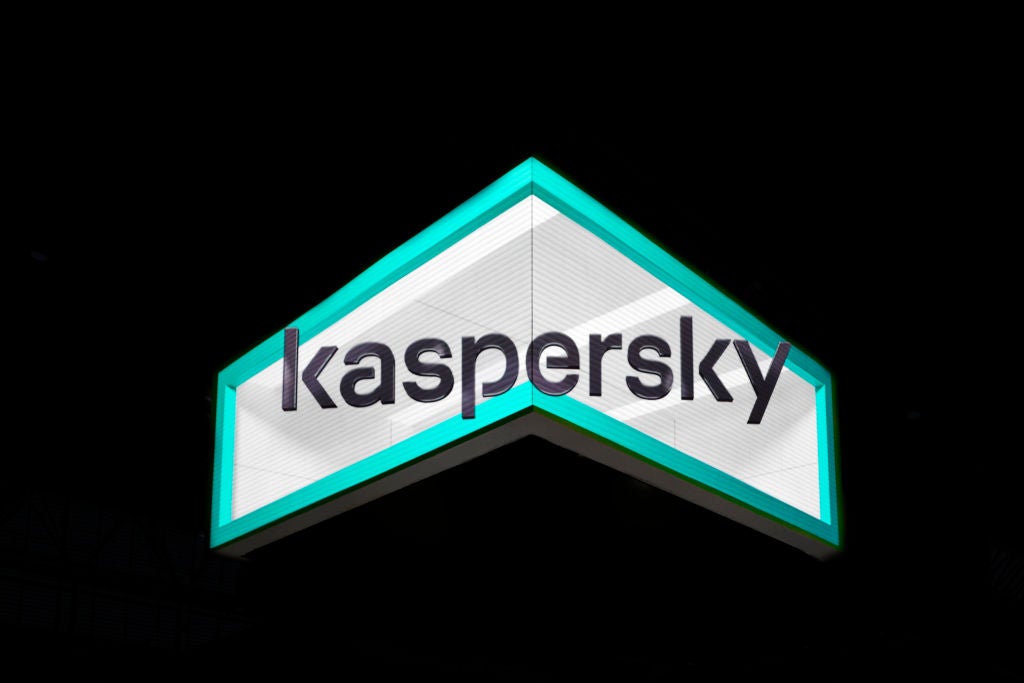
It’s the end of boozy lunches for employees at Lloyd’s after the company introduced an alcohol ban.
Yesterday, the London-based insurance market told its 800 members of staff that they are no longer allowed to drink during the week from 9am to 5pm.
Insurance brokers and underwriters are exempt from the ban.
Is an alcohol ban in the workplace necessary?
There are only a handful of other companies who have introduced policies to crackdown on drinking in the workplace.
Hiscox, an insurer headquartered in Bermuda and listed on the London Stock Exchange expects all its staff, including underwriters, to refrain from drinking during the working day.
“Hiscox has had a dry office for decades,” a spokeswoman from the company told Verdict.
How well do you really know your competitors?
Access the most comprehensive Company Profiles on the market, powered by GlobalData. Save hours of research. Gain competitive edge.
 Company Profile – free sample
Company Profile – free sampleThank you!
Your download email will arrive shortly
Not ready to buy yet? Download a free sample
We are confident about the unique quality of our Company Profiles. However, we want you to make the most beneficial decision for your business, so we offer a free sample that you can download by submitting the below form
By GlobalData
“Our policy is that employees don’t drink alcohol during the working day. There may be times when it is appropriate, but employees wouldn’t then return to their normal duties, for example underwriting.”
At QBE, one of the world’s top 20 insurance companies, there is no outright ban on alcohol consumption but the company advises its employees not to drink.
According to a YouGov survey, 60 percent of people said that having an alcoholic beverage at lunch on a work day is unacceptable.
Londoners, however, were more accepting of a boozy lunch than other regions in the UK, with 43 percent of those in the capital saying that they were in favor of a drink in the middle of the day.
— YouGov (@YouGov) 15 February 2017
What triggered Lloyd’s decision?
Lloyd’s said it had been considering the move for some time to bring the company in line with “industry norms,” but insisted it was not a response to alcohol-related incidents.
However in an internal memo to staff, Lloyd’s said that about half of grievance and disciplinary cases over the last two years were related to alcohol.
“There is no denying that it [drinking alcohol] has traditionally been part and parcel of this type of business,” a Lloyd’s spokesman said.
Employees, who wished to remain anonymous, called the new measures “heavy-handed.”
“Will we be asked to go to bed earlier soon?” one Lloyds worker joked on the company’s intranet system.
“Did I just wake up from my drunken induced slumber to find we are now living in Orwell’s 1984?” another asked.
Those who refuse to comply with the new regulations will be subjected to a disciplinary procedure, which could eventually lead to dismissal.
Charities campaigning to reduce alcohol harm applaud Lloyd’s new initiative.
“Alcohol has no place in the workplace,” Michael J. Scippa from Alcohol Justice, a California-based campaign group told Verdict.
“Kudos to Lloyds for their new policy, it will produce significant health, social and economic benefits.”
Lloyd’s announced its alcohol ban just days after the Wine and Spirit Trade Association (WSTA) said higher alcohol duties are likely to be introduced in the UK over the next year.
The price of a bottle of still wine could go up by 10 percent, costing an additional 53p.







